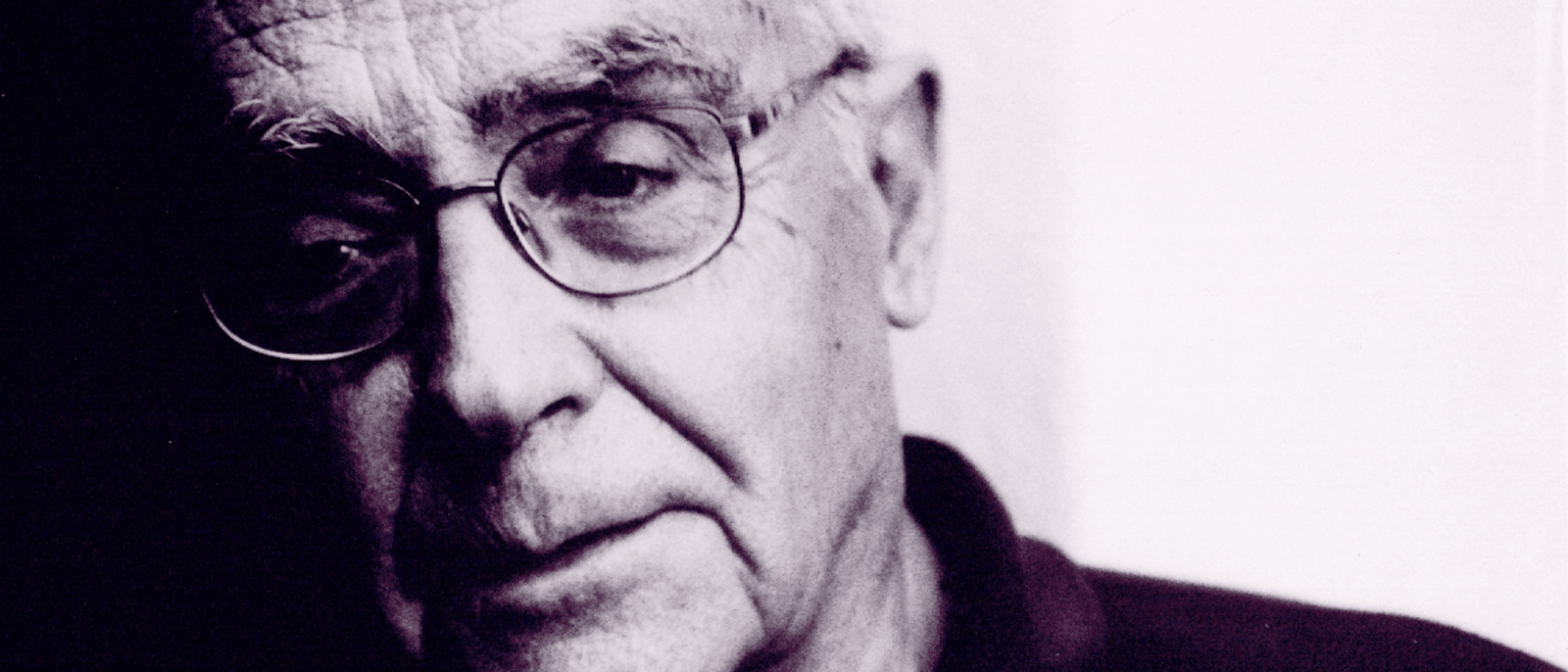A fragment from José Saramago reminds us that the journey of life never ends
Overcoming the beginning/ending duality is necessary to really begin living life.
Among all of the things that the dualist system of thought we live in requires of us, the binomial of “beginning and ending” could be one of the most difficult to overcome. It might seem simple enough to witness within the thread of time when everything which begins also ends: days, the projects we undertake, the very bodies we inhabit. Everything, in a certain way, may seem so inscribed into this cycle that, with the inevitability of an end, we’re also continually presented with our own rather harsh destiny.
What would happen, though, if, for a moment, we could think beyond this duality? What if we could experience life outside of these dual concepts? In life, it’s true, nearly everything has a beginning and an end. But if we reflect on it, we realize that neither is definitive and that everything always begins again. What ends doesn’t necessarily end, but it may resume, be reborn, or take on a new life and new forms.
Toward this possibility, we share a paragraph by José Saramago which eloquently refutes this alleged opposition, between beginning and ending, and with special reference to our own existence.
The Traveller Sets Out Again
But that is not true. The journey is never over. Only travellers come to an end. But even then they can prolong their voyage in their memories, in recollections, in stories. When the traveller sat in the sand and declared: “There’s nothing more to see,” he knew it wasn’t true. The end of one journey is simply the start of another. You have to see what you missed the first time, see again what you already saw, see in springtime what you saw in summer, in daylight what you saw at night, see the sun shining where you saw the rain falling, see the crops growing, the fruit ripen, the stone which has moved, the shadow that was not there before. You have to go back to the footsteps already taken, to go over them again or add fresh ones alongside them. You have to start the journey anew. Always. The traveller sets out once more.
The fragment can be found in Journey to Portugal, a book Saramago wrote after touring his own country, as if he’d never known it (an endeavor that, like this paragraph, bears a valuable lesson).
After all, it’s also possible to live life like this, as though we didn’t know life, as though it never ended, and as though it were beginning at this very moment.
Related Articles
Pictorial spiritism (a woman's drawings guided by a spirit)
There are numerous examples in the history of self-taught artists which suggest an interrogation of that which we take for granted within the universe of art. Such was the case with figures like
Astounding fairytale illustrations from Japan
Fairy tales tribal stories— are more than childish tales. Such fictions, the characters of which inhabit our earliest memories, aren’t just literary works with an aesthetic and pleasant purpose. They
A cinematic poem and an ode to water: its rhythms, shapes and textures
Here lies One Whose Name was writ in Water. - John Keats Without water the equation of life, at least life as we know it, would be impossible. A growing hypothesis holds that water, including the
Watch beauty unfold through science in this "ode to a flower" (video)
The study of the microscopic is one of the richest, most aesthetic methods of understanding the world. Lucky is the scientist who, upon seeing something beautiful, is able to see all of the tiny
To invent those we love or to see them as they are? Love in two of the movies' favorite scenes
So much has been said already, of “love” that it’s difficult to add anything, much less something new. It’s possible, though, perhaps because even if you try to pass through the sieve of all our
This app allows you to find and preserve ancient typographies
Most people, even those who are far removed from the world of design, are familiar with some type of typography and its ability to transform any text, help out dyslexics or stretch an eight page paper
The secrets of the mind-body connection
For decades medical research has recognized the existence of the placebo effect — in which the assumption that a medication will help produces actual physical improvements. In addition to this, a
The sea as infinite laboratory
Much of our thinking on the shape of the world and the universe derives from the way scientists and artists have approached these topics over time. Our fascination with the mysteries of the
Sharing and collaborating - natural movements of the creative being
We might sometimes think that artistic or creative activity is, in essence, individualistic. The Genesis of Judeo-Christian tradition portrays a God whose decision to create the world is as vehement
John Malkovich becomes David Lynch (and other characters)
John Malkovich and David Lynch are, respectively, the actor and film director who’ve implicitly or explicitly addressed the issues of identity and its porous barriers through numerous projects. Now










